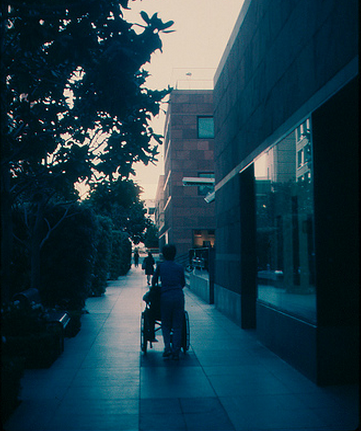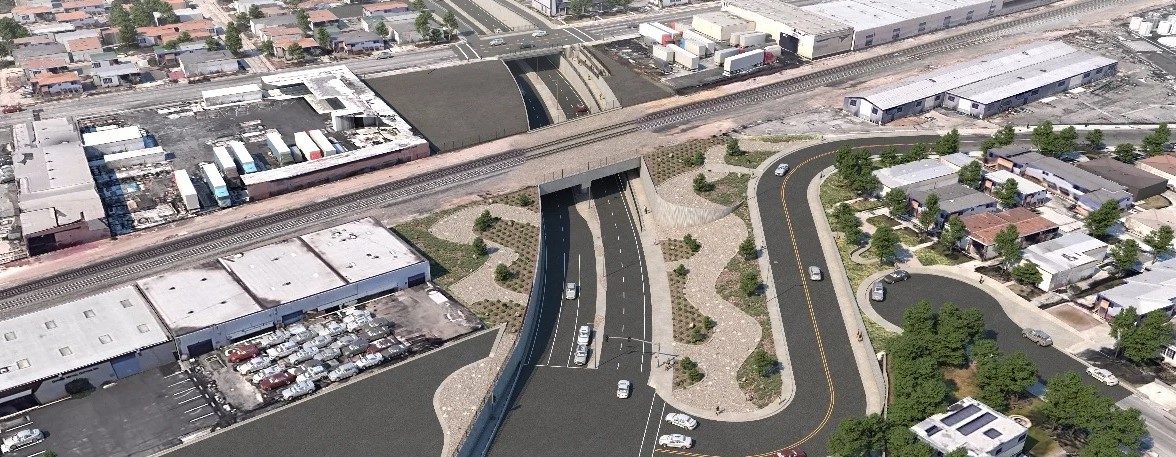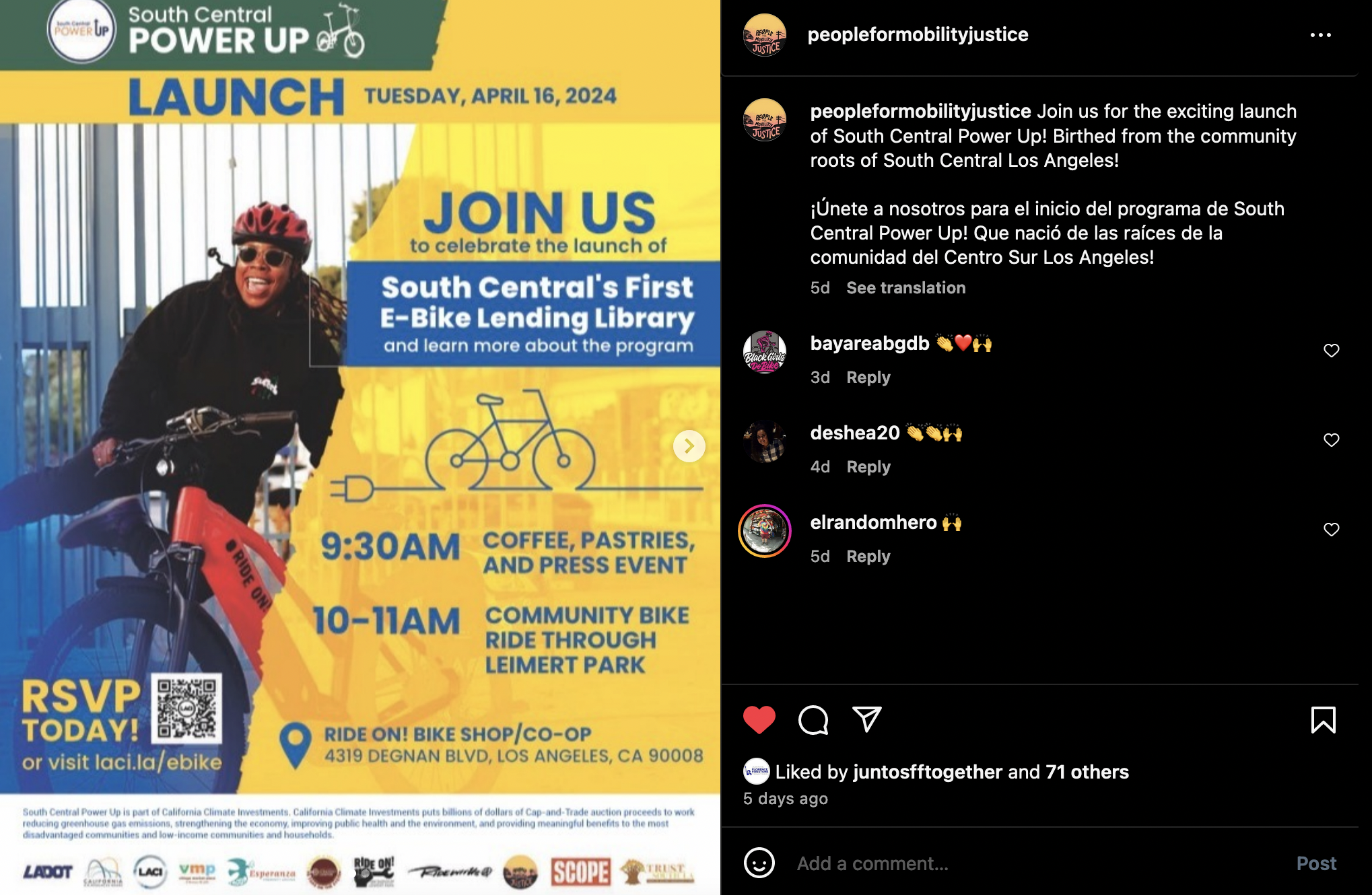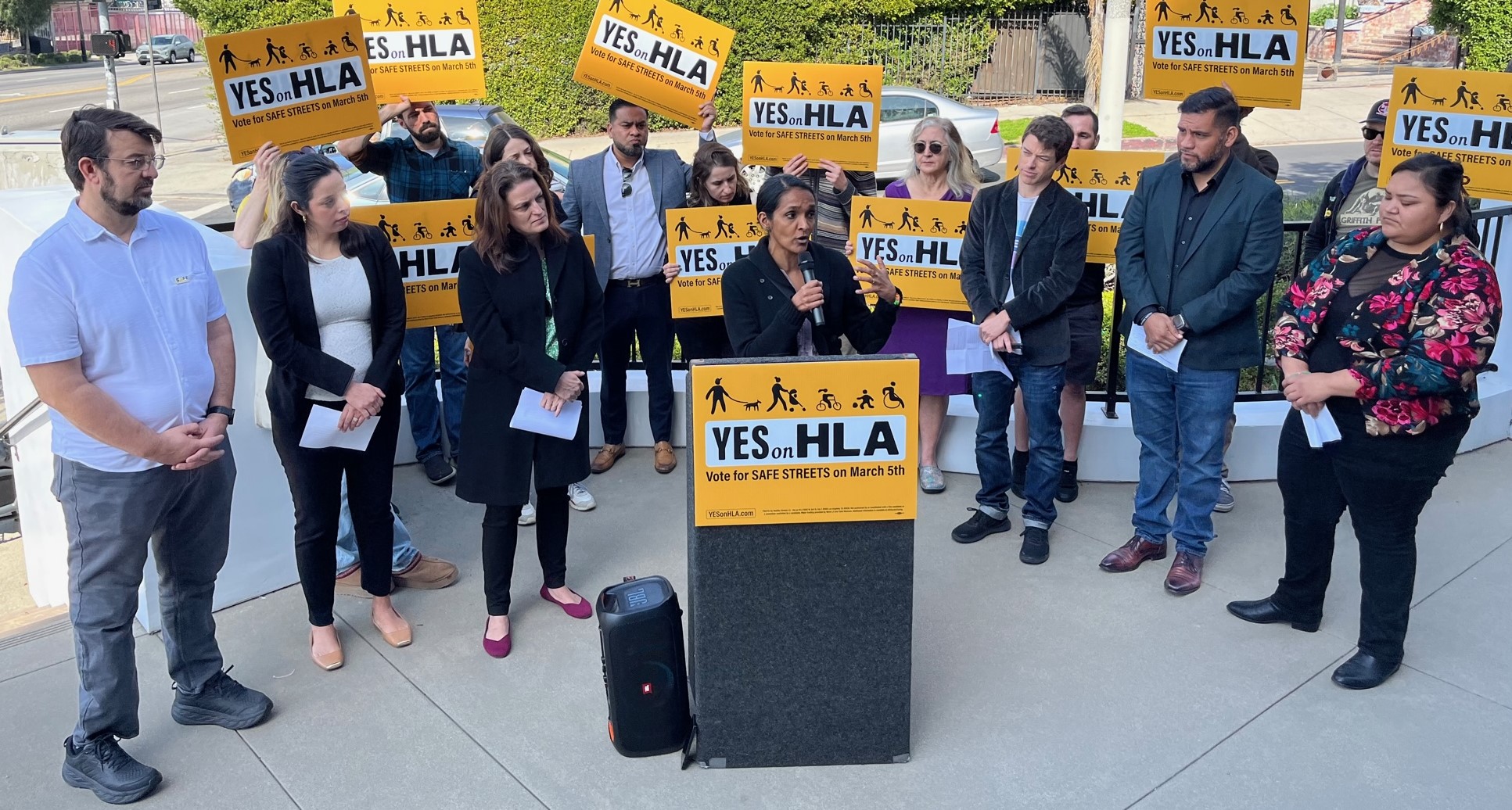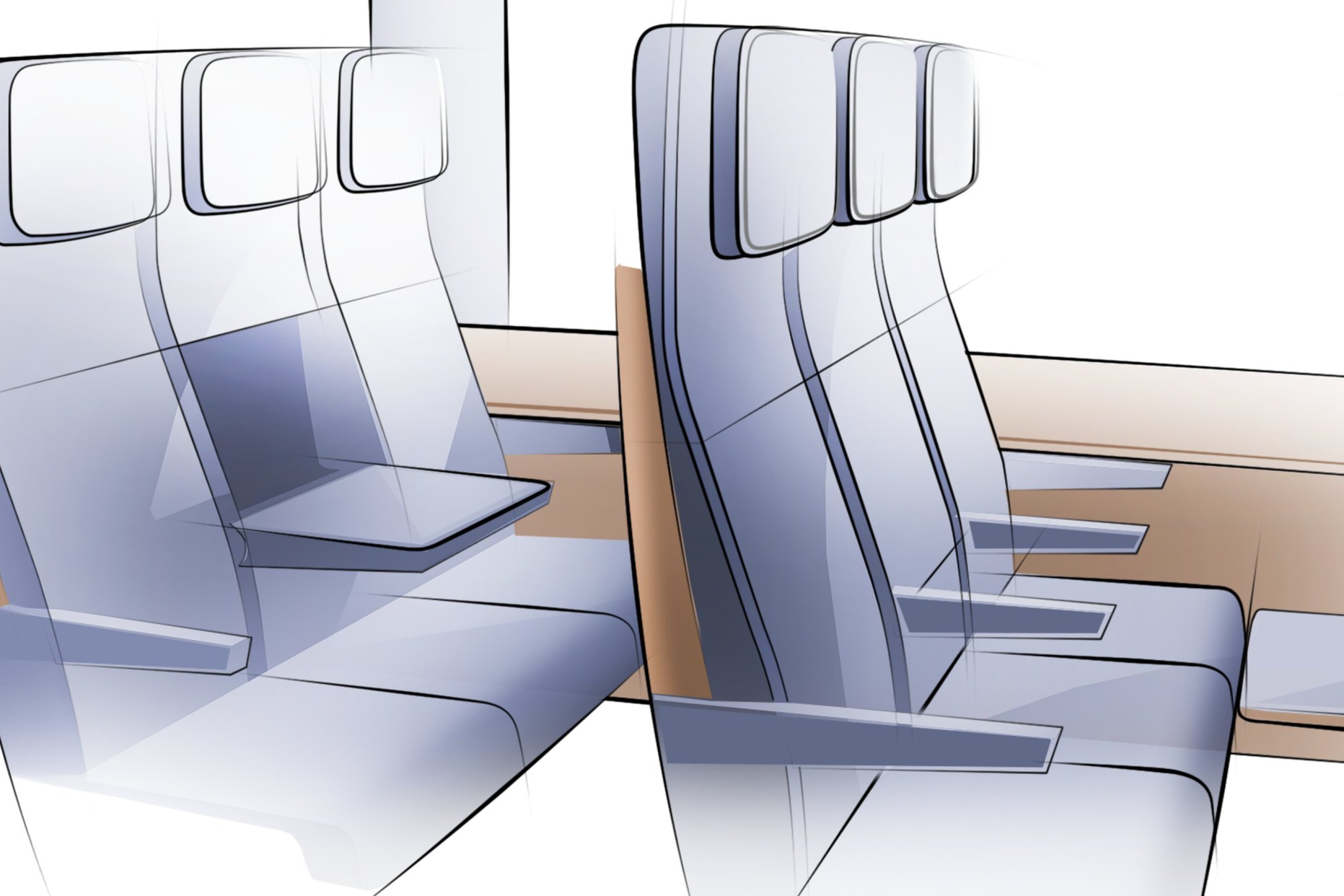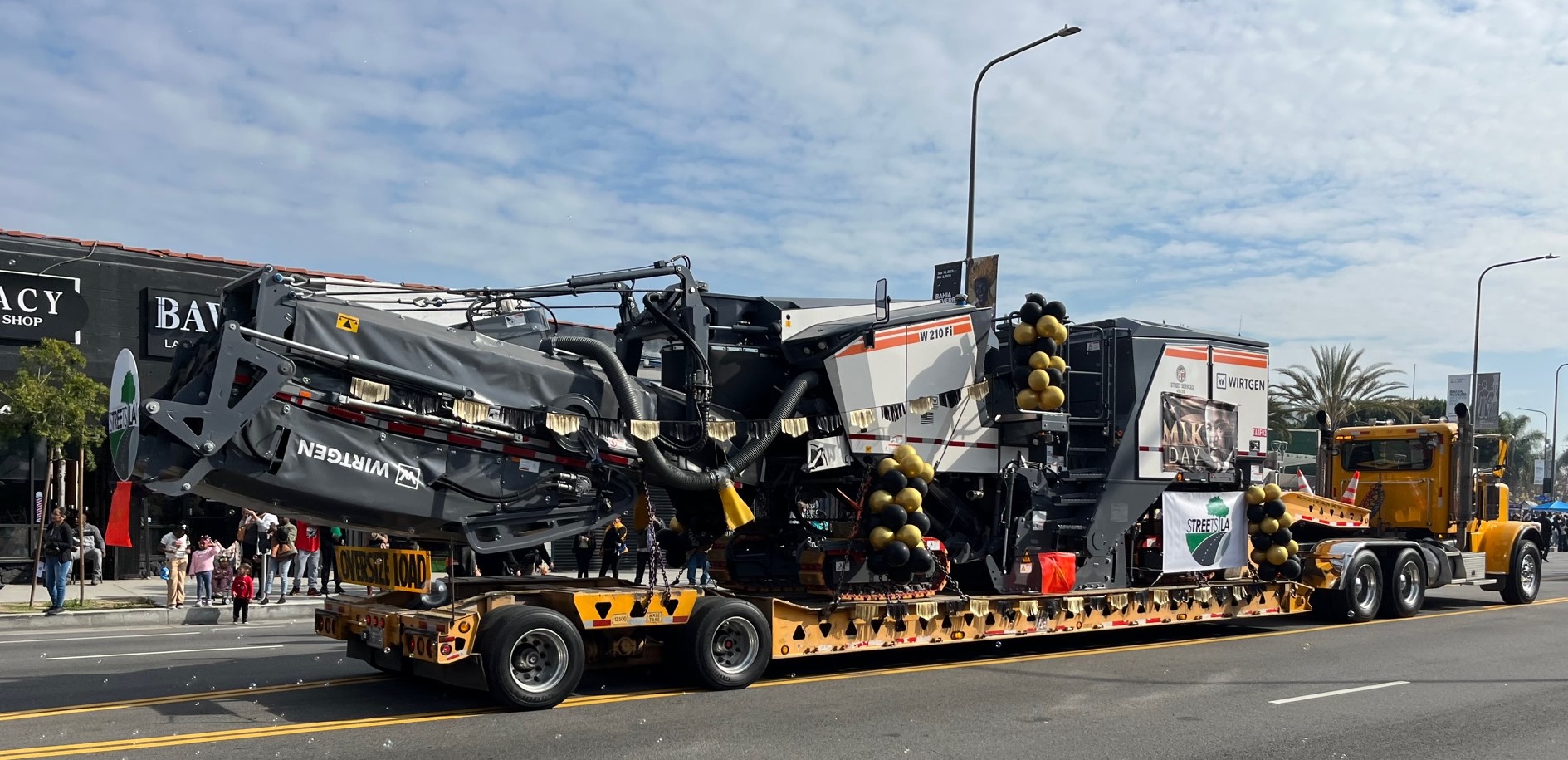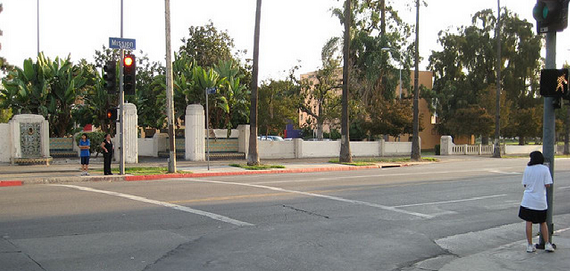
Crumbling sidewalks and intersections without curb cuts are a common problem in L.A., but they're a lot more noticeable when you're moving with wheels. Whether it's pushing a baby stroller, or doing some sidewalk bicycle riding, the lack of curb cuts is suddenly a major issue. While its a minor inconvenience to someone who is healthy and pushing wheels by choice, people who suffer from some physical ailment can find the lack of a curb cut to be as daunting a barrier as a moat filled with crocodiles.
The state of Los Angeles' sidewalks is in terrible shape, especially when it comes to following the American with Disabilities Act which requires cuts to make sidewalks accessible to those in wheelchairs. But thanks to a proposed legal settlement between a group of disabled Angelenos and the City of Los Angeles things might finally be changing.
Rather than battle the plaintiffs in court, the City decided to settle out of court. But just because the plaintiff's are settling doesn't mean that the City is getting off easy. Assuming the court approves the settlement the city will have to:
- Place curb cuts or access ramps to intersections on 1,000 intersections in less than a year.
- The city will spend up to $4 million each year to improve pedestrian crossings and safety in high-risk areas that have more pedestrian traffic, such as the areas around schools, government buildings and parks.
- Over the next twenty five years, the city will bring all areas to compliance with the American with Disability Act
- The city will complete a survey to see what the needs and cost are to bring the city into compliance with the ADA.
- The City will create an advisory committee to monitor progress in complying with the new settlement
- The Superior Court will have final say, not the City, to decide whether or not the City is holding up its end of the agreement.
The city is playing things close to the vest, they very politely refused comment for this story, but Los Angeles' advocacy community was effusive. "They've had plenty of time to fix this ongoing issue, it's sad that a lawsuit is needed to get justice for pedestrians," commented Deborah Murphy, the founder of L.A. Walks and Chair of the City's Pedestrian Advisory Committee (although here she is speaking as the former and not the latter.)
By "plenty of time," Murphy is referring to the decades of neglect that Los Angeles' sidewalks have undergone, especially when it comes to the ADA. Murphy and other advocates believed the city had turned a corner more than a decade ago with the City Council unanimously made a commitment in 1999 to use funds from a settlement with the tobacco industry to repair sidewalks and parks. However, that commitment ended after the first year of a twenty-five year settlement and the sidewalks continued to crumble and fall more out-of-date with modern standards.
Another warning for the City of Los Angeles was the landmark decision in Barden v Sacramento. Joan Barden and other plaintiffs sucessfully argued that the State Capital violated the ADA by allowing sidewalks to fall into disrepair. The Ninth Circuit Court agreed , ruling that the ADA convers anything "a public entity does," which includes the construction and maintenance of sidewalks.
"This is a great example that class action lawsuits can have a great benefit to the public," commented Howard Krepack, a Partner with Gordon, Edelstein, Krepack, Grant, Fulton & Goldstein LLP. "This is a great thing for disabled or injured pedestrians, or anyone that regularly uses sidewalks." Krepack is not a class action lawyer.
Because the settlement impacts so many people, it literally impacts every disabled person that lives within or visits Los Angeles there will be a chance for the public to comment on the settlement before it is finalized by the court. Krepack explained the process to me over the phone.
The court is going to want to hear from as many people as possible to make sure the agreement between the two parties is fair. While the agreement does a lot for the state of the city's sidewalks and pedestrian crossings, it also protects the city somewhat from future lawsuits. There is a "no opt-out" clause in the settlement, meaning that "...members of the Settlement Class will not be able to opt out of the Settlement Class if the Court grants final approval of the proposed settlement." But, there is a an opportunity for people to either protest (or support) the settlement.
If you are a member of the Settlement Class, you can object to any part of the settlement. You can give the reasons why you think that the Court should not approve it. To object, you must send a letter or other document stating that you object to the settlement. Please be sure to include your name, address,
telephone number, your signature, a reference to the pending actions, the portions of the settlement to which you object, and the reasons that you object.
You must mail your objection (first class mail, postage paid), postmarked no later than September 7, 2011, to all of the following:
Clerk of the Court
Los Angeles Superior Court
600 South Commonwealth Avenue
Los Angeles, California 90005
David Raizman, Esq.
Drinker Biddle & Reath LLP
1800 Century Park East, 14th Floor
Los Angeles, California 9006
Mike Arias, Esq.
Arias Ozzello & Gignac LLP
6701 Center Drive West, 14th Floor
Los Angeles, California 90045
Morse Mehrban, Esq.
Law Offices of Morse Meharban
12100 Wilshire Boulevard, 8th Floor
Los Angeles, California 90025
From there, the Court will hold a Final Approval Hearing at 10:00 a.m. on October 20, 2011, at the Los Angeles Superior Court, 600 South Commonwealth Avenue, Los Angeles, California 90005 in Department 324. At this hearing, the Court will consider whether the settlement is fair, reasonable, and adequate.
Stay in touch
Sign up for our free newsletter
More from Streetsblog Los Angeles
This Week In Livable Streets
CicLAvia returns to Venice Boulevard, Metro board committees, L.A. City Council Transportation Committee, Metro budget theater, and more
Measure HLA Is Now Officially Law for L.A. City
Check the city maps to find what bus, bike, and walk improvements are coming to streets in your neighborhood
